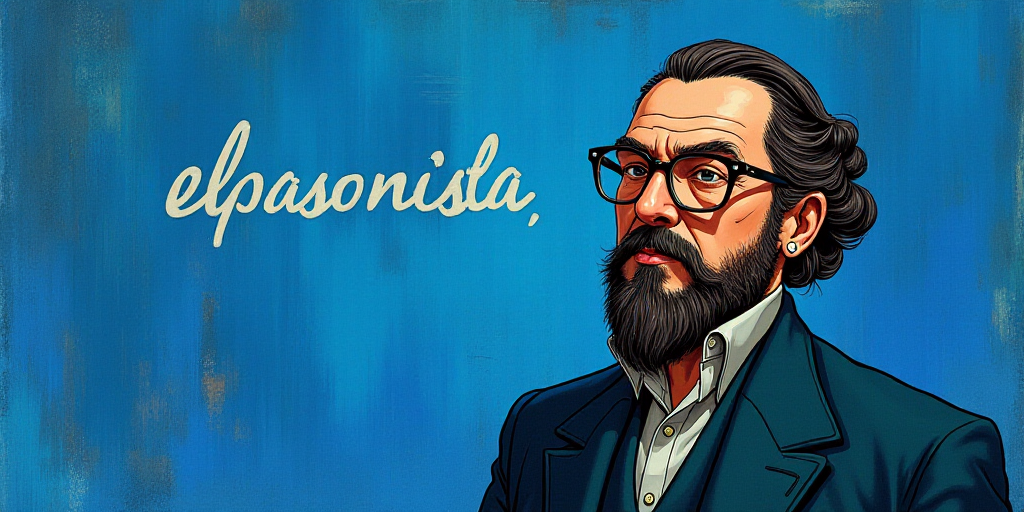Introduction to Clara Brugada’s Ambitious Urban Proposal
In an effort to combat gentrification driven by escalating land costs in central areas, Clara Brugada, the Head of Government of Mexico City (CDMX), introduced Bando 1. This ambitious urban proposal aims to halt the displacement of residents by implementing several strategies, including capping rent increases at inflation rates, creating a rent index, regulating platforms like Airbnb, establishing a Tenants’ Advocate office, building public housing in high-demand zones, and conducting targeted interventions to preserve the social and commercial fabric of affected neighborhoods.
Inspiration from Other Cities
The initiative draws inspiration from experiences in other cities, such as Berlin, where rent controls were deemed unconstitutional in 2021, and Barcelona, where limiting Airbnb listings reduced supply without lowering prices.
Political Contradiction and Notable Cases
However, the initiative faces a political contradiction: while the government points fingers at certain actors for fostering gentrification, prominent Morenistas have engaged in real estate practices that contradict the discourse. A notable case is that of Luisa María and Bertha Alcalde Luján, national president of Morena and the City’s Attorney General, respectively. They purchased a two-story house in Roma Sur for 4.2 million pesos in 2016, demolished it, and then built a four-story building (one floor more than permitted) between 2019 and 2020.
Gentrification’s Impact Across Mexico
Gentrification has spread from central neighborhoods like Condesa, Roma, and Juárez to other areas such as Escandón, Tacubaya, Santa María la Ribera, Doctores, and San Rafael in CDMX. Prices have risen by up to 30% in just two years, affecting cities like Guadalajara, Monterrey, Oaxaca, Mazatlán, and others. Tourism, remote work, and speculation have driven up prices and displaced residents.
Underlying Causes and Challenges
Bando 1 does not address the role of excessive bureaucracy in hindering formal construction. According to the Mexican Institute for Competitiveness (IMCO), obtaining a construction permit can take up to 24 months due to complex procedures, opaque rules, and fragmented competencies. This discourages developers, encourages corruption, and reduces the legal housing supply, contributing to speculation.
Some property owners might view rent controls as an infringement, potentially leading to litigation, hidden contracts, or removal of properties from the market. Long-term studies by MIT and Stanford show that rent controls reduce available housing supply and discourage new investments.
Key Questions and Answers
- What is Bando 1? Bando 1 is an urban proposal by Clara Brugada, the Head of Government of Mexico City, aimed at curbing gentrification by implementing various strategies.
- What are the proposed measures? Measures include capping rent increases at inflation rates, creating a rent index, regulating short-term rental platforms like Airbnb, establishing a Tenants’ Advocate office, building public housing in high-demand areas, and targeted interventions to preserve neighborhood social and commercial fabrics.
- What are the challenges faced by Bando 1? Challenges include political contradictions, such as prominent Morenistas engaging in real estate practices that contradict the discourse, excessive bureaucracy hindering formal construction, and potential property owner resistance to rent controls.
- How does gentrification affect various cities in Mexico? Gentrification has spread across Mexico, driving up housing prices in cities like Guadalajara, Monterrey, Oaxaca, and Mazatlán due to tourism, remote work, and speculation.






